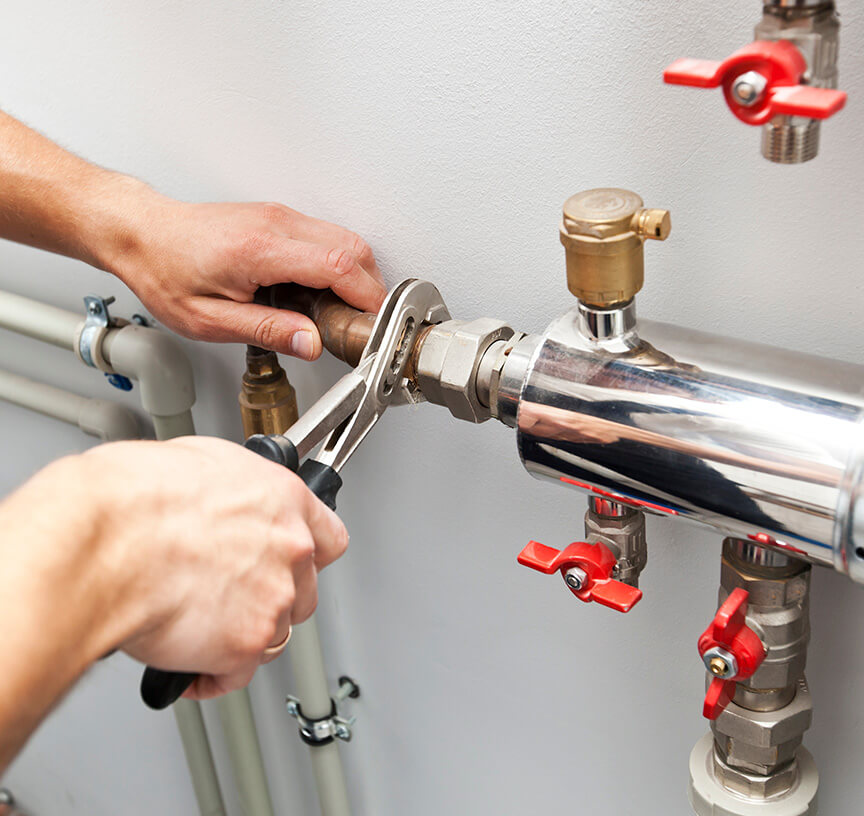Having hot water issues can be frustrating and disruptive to your daily routine. Whether you're dealing with a lack of hot water, fluctuating temperatures, strange noises coming from your water heater, or any other issues, it's important to address them promptly to avoid further damage. In this ultimate guide, we will cover common hot water issues and provide troubleshooting tips to help you resolve them effectively.
1. Identifying the Problem
1.1 No Hot Water
- Check if the pilot light is on for gas water heaters or if the circuit breaker is on for electric water heaters.
- Inspect the thermostat settings to ensure they are set to the desired temperature.
- Check for any leaks in the water heater or plumbing system that may be causing the lack of hot water. Hot water repair services are essential for maintaining the functionality and efficiency of residential and commercial water heating systems. With timely and professional hot water repair services, individuals and businesses can enjoy reliable and efficient hot water supply for their daily needs.
1.2 Fluctuating Temperatures
- Flush the water heater to remove sediment buildup that may be affecting the temperature consistency.
- Adjust the thermostat settings to a higher temperature to see if it helps stabilize the hot water temperature.
- Check the pressure relief valve to ensure it is functioning correctly and releasing excess pressure.
2. DIY Troubleshooting
2.1 Flushing the Water Heater
- Turn off the power supply or gas valve to the water heater.
- Connect a garden hose to the drain valve at the bottom of the water heater.
- Open a hot water faucet in your home to allow air into the system.
- Open the drain valve and let the water heater flush out any sediment buildup.
- Close the drain valve and refill the tank before turning the power supply or gas valve back on.
2.2 Inspecting the Anode Rod
- Locate the anode rod on top of the water heater and use a wrench to unscrew it.
- Inspect the anode rod for corrosion or deterioration.
- If the anode rod is heavily corroded, replace it with a new one to prevent further damage to the water heater.
3. Calling a Professional
3.1 Signs You Need a Professional
- If you hear loud banging or rumbling noises coming from the water heater.
- If you notice a significant increase in your energy bills without a clear explanation.
- If you smell a rotten egg odor coming from the hot water, which can indicate a gas leak.
3.2 Hiring a Qualified Technician
- Research local plumbing companies with experience in water heater repair and installation.
- Ask for recommendations from friends or family who have had positive experiences with water heater technicians.
- Request quotes from multiple companies and compare their prices and services before making a decision.
4. Preventing Future Issues
4.1 Regular Maintenance
- Flush the water heater at least once a year to remove sediment buildup.
- Check the pressure relief valve to ensure it is functioning correctly.
- Inspect the anode rod for corrosion and replace it if necessary.
4.2 Conserving Hot Water
- Install low-flow fixtures in your home to reduce hot water usage.
- Set your water heater thermostat to a lower temperature to save energy.
- Take shorter showers and avoid running the hot water when not needed.
By following the tips outlined in this ultimate guide, you can troubleshoot hot water issues effectively and prevent future problems with your water heater. Remember, if you are unsure about any troubleshooting steps or if the issue persists, it's always best to call a professional to assess and repair your water heater.

